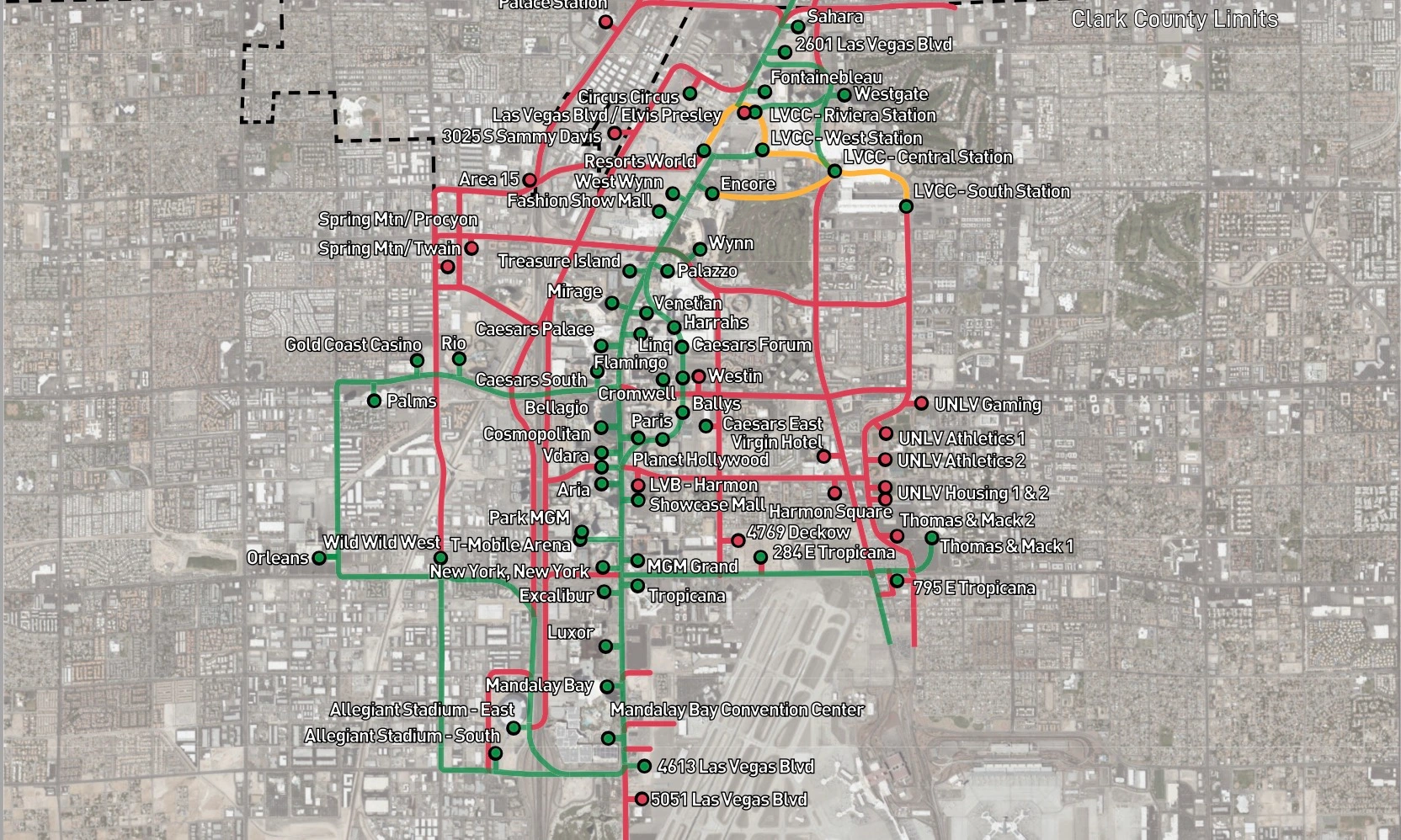
Canada Adds $73 Million to Federal EV Rebate Program

Transport Canada will be replenishing the federal Incentives for Zero-Emission Vehicles (iZEV) program fund with another $73 million CAD — reports Global News.
The fall economic statement released earlier this week budgets an additional $73 million towards the program to make sure that the growing demand for plug-in hybrid and battery-electric vehicles (BEVs) in Canada is met until the entire program gets retooled later in spring 2022.
The most recent top-up brings the total amount budgeted to the federal EV rebate program since 2019 up to almost $660 million.
The iZEV program offers rebates of $2,500-$5,000 on the purchase of new, qualifying plug-in hybrids and BEVs. The program was originally established in 2019 with $300 million in its war chest, but that was depleted in less than 20 months by over 72,000 recipients.
The government added another $287 million to the fund in 2020, but only $48 million of that remained by the end of October. That wouldn’t even have lasted into the next calendar year, hence the $73 million cash injection.
As of August, the iZEV program has subsidized the purchase of over 100,000 zero-emission vehicles in Canada. According to data from Transport Canada, Tesla takes home 33% of Canada’s EV rebates.
The Liberals have promised to spend another $1.5 billion on EV rebates over the next four years, and Transport Minister Omar Alghabra is currently working on retooling the iZEV program in time for the spring budget.
The refreshed iZEV program may even offer rebates to used ZEVs, in addition to more expensive models and upcoming electric SUVs/pickups.
Sadly, with Tesla’s recent price increases in Canada, the entry Model 3 no longer qualifies for the federal rebate.
With U.S. President Joe Biden proposing EV tax credits of up to $12,500 USD exclusively to American-made electric cars, Canadian Prime Minister Justin Trudeau said on Monday that the government would even be willing to “align” its EV incentives to those offered by the U.S. if the latter opens up the full range of its tax credits to vehicles assembled in Canada.

